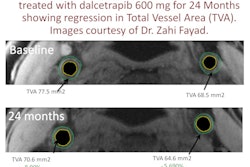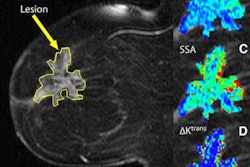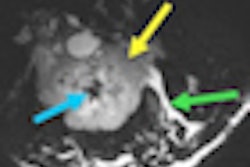Dear AuntMinnie Member,
Are even more reimbursement cuts on the horizon for medical imaging? That's what imaging specialists are pondering this week in the wake of revelations that President Barack Obama's deficit reduction plan includes up to $1.3 billion in cuts to imaging payments.
Obama announced the plan on September 19 as part of an overall deficit reduction package designed to wring trillions from the federal budget over the next decade, with $320 billion in savings specifically from healthcare. Buried in the fine print were several items that specifically targeted medical imaging, according to an article by associate editor Kate Madden Yee in our Imaging Leaders Digital Community.
Where will the savings come from? One proposal calls for a "payment adjustment" designed to reflect higher levels of equipment utilization, while another calls for the use of prior authorization to limit unnecessary scanning.
Imaging industry professional groups have begun to weigh in on the proposal, and they aren't pleased. Read the story by clicking here, or visit the community at leaders.auntminnie.com.
Speech recognition errors
Next up is an article in our Women's Imaging Digital Community on errors in radiology reports generated with automated speech recognition systems.
Many imaging facilities are converting to speech recognition from traditional transcriptionist-based reporting to achieve greater efficiency and faster report turnaround times. But Canadian researchers found that breast imaging reports generated by speech recognition systems had up to eight times as many major errors as those generated the old-fashioned way.
Is correcting the problem as simple as proofing your work? Find out by clicking here, or visit the community at women.auntminnie.com.
Does MRI cause vertigo?
In other news, does high-field MRI scanning cause vertigo? That's the intriguing hypothesis of an article we're featuring this week in our MRI Digital Community.
Researchers from Johns Hopkins University found that MRI's strong magnetic fields can push fluid that circulates in the inner ear, giving patients the feeling of vertigo or the sensation of freefalling during scans. The effect can be even more prevalent in newer scanners, they said.
And it's not just an odd phenomenon: The researchers believe it could affect the results of functional MRI scans. Learn more by clicking here.
Finally, find out about a new workshop to be held next month by the U.S. Food and Drug Administration to discuss MRI safety. These stories and more are available in our MRI Digital Community at mri.auntminnie.com.




















